Showing 1-15 of 23 results

Health Lab
A team of researchers have spent the past eight years looking at better ways to transport organs for donation, specifically hearts, to improve the number of organs that can be used for transplants. They found that using a modified normothermic perfusion system heart preservation was feasible for up to 24 hours.

Health Lab
Experts in brain cancer outline current discoveries and offer a path of hope for glioblastoma treatment

Health Lab
Researchers recently revealed a new mechanism behind antiphospholipid syndrome that the investigators hope will eventually allow treatments to be targeted closer to the source of the problem.

Health Lab
At-home test can detect tumor DNA fragments in urine samples, providing a non-invasive alternative to traditional blood-based biomarker tests

Health Lab
Elective surgery study shows older adults have concerns about what it will cost them, how much work they’ll miss and whether they’ll catch COVID-19.

Health Lab
As guest editor for a themed journal issue, Lori Pierce helps highlight the multiple factors that can make cancer care and prevention more equitable and reduce the burden of this disease for all
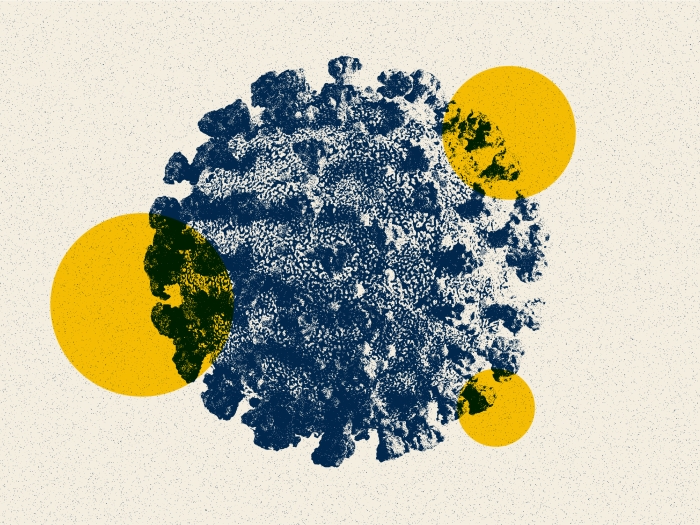
Health Lab
Vaccination against the coronavirus was much lower in adults and children with sickle cell disease despite a higher risk of severe COVID-19.

Health Lab
Research from Michigan Medicine experts is shedding light and potentially expanding options for patients living with an aggressive childhood cancer.
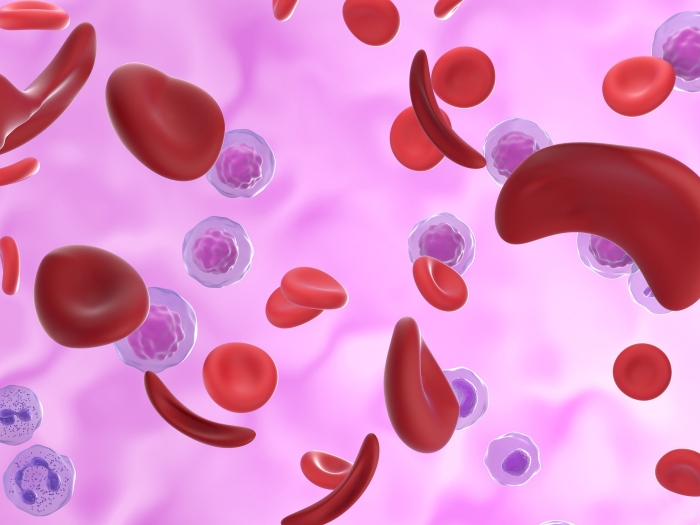
Health Lab
How two newly approved gene therapies, including novel technology CRISPR, may help kids and adults with inherited blood disorders
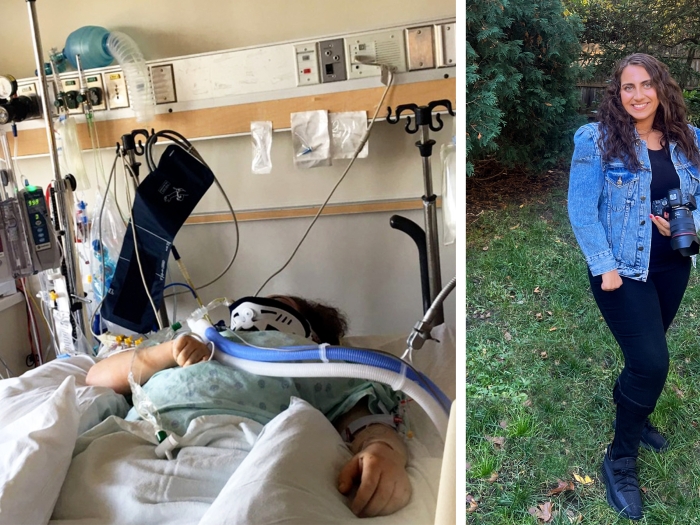
Health Lab
A car accident at age 20 left Sahar Mashhour in the intensive care unit for three months. Almost six years later, Mashhour is still pursuing her passions proving that her disability doesn’t limit her ability, but instead helps her see life through a different lens.

Health Lab
Infants with hemophilia A who received monoclonal antibody emicizumab experienced few bleeding events and no serious complications, a study suggests.
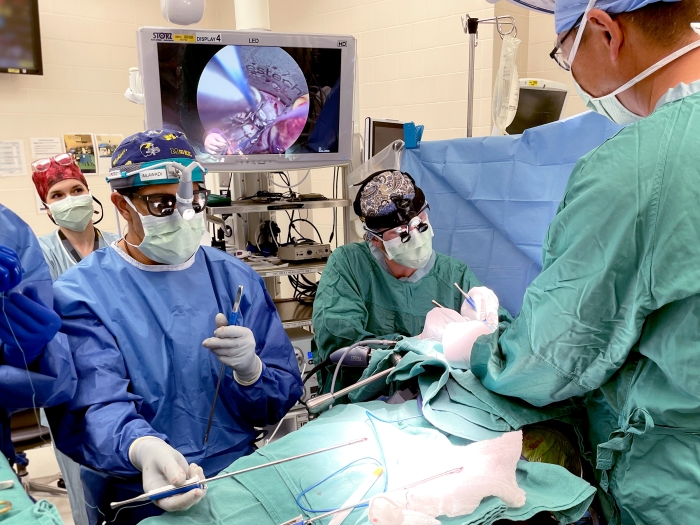
Health Lab
Michigan Medicine’s head of cardiac surgery, Gorav Ailawadi, M.D, M.B.A., answers questions about different treatment options for heart valve disease.

Health Lab
Older adults who live in disadvantaged communities are less likely to attend cardiac rehabilitation after common heart procedures, a Michigan Medicine-led study finds.
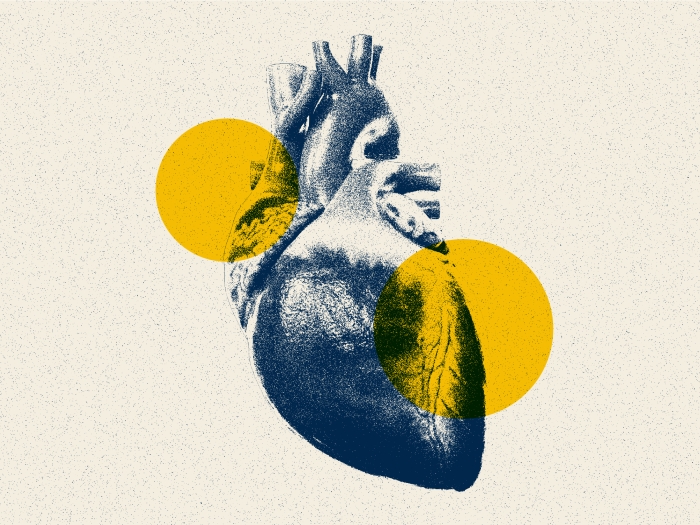
Health Lab
The vast majority of people who have a minimally invasive heart valve replacement procedure do not participate in recommended cardiac rehabilitation, a Michigan Medicine-led study finds.